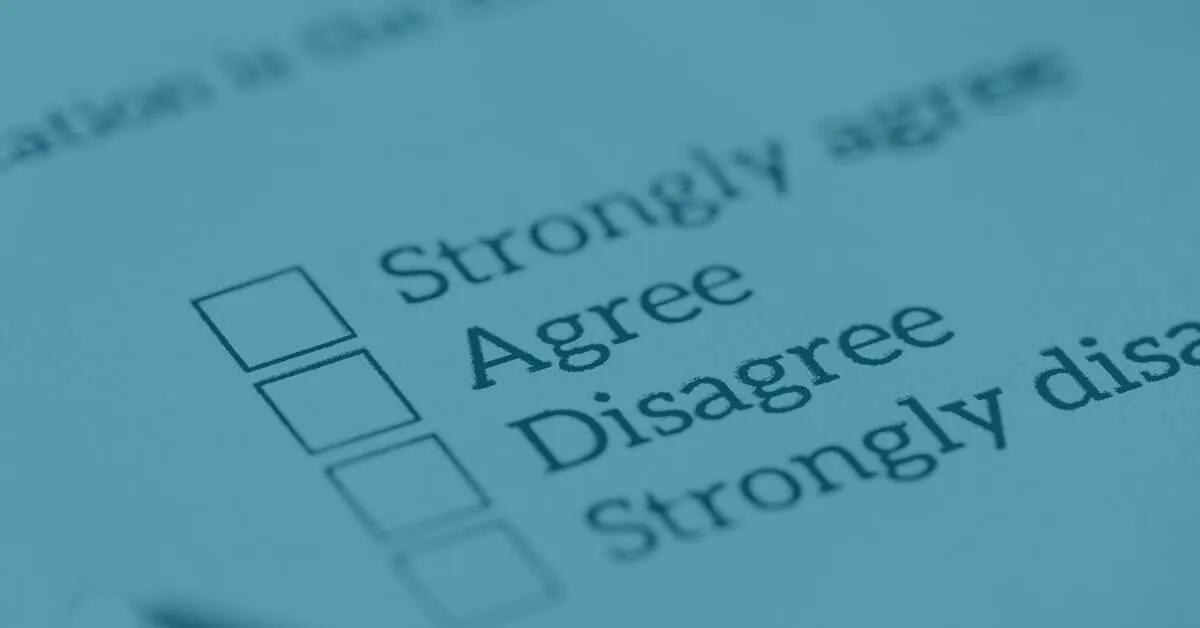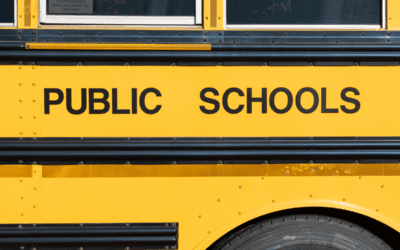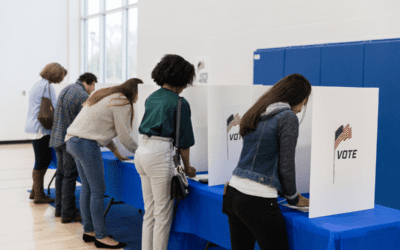
#image_title
Pollsters say Wisconsin voters are engaged, but not easy to track down.
It shows up on your phone display, sparking a moment of annoyance: “Unknown Caller.”
But there may follow a moment of curiosity. Is it important? Is it truly for me? Who is it?
“Unknown Caller.”
Behind the anonymous label sits someone who may have urgent information, or a sales pitch. But it may also be a call from someone who doesn’t want your money at all. Instead, it may be from someone conducting a poll.
What pollsters want are your opinions. And they’re willing to make a lot of phone calls to figure out what you and others around Wisconsin are thinking about current issues, leaders, candidates, and miscellaneous functions of daily life.
“Everybody, Democrat or Republican alike, despises telemarketing calls,” said Professor Charles Franklin, director of the Marquette University Law School poll, “And these days, at least what I get on my phone, are a lot of scam calls.”
So Franklin is not surprised that it takes several days of calling in order to find enough respondents to create a statistically sound representative sample of Wisconsin voters. For the Marquette poll, that usually means getting at least 800 people willing to take a 10-15 minute survey.
Each poll, done by LHK Partners, a Pennsylvania-based survey and market research firm, starts with a list of every Wisconsin area code and every current exchange (the first 3 digits of a 7-digit phone number) within each area code, whether cellular or traditional landline phones. Then, the last four digits of the phone number (from -0000 to -9999) are chosen randomly and dialed so that every phone in the state of Wisconsin has an equal opportunity to be dialed, Franklin said.
Getting someone on the other end of the line to answer the call is the real challenge rather than people hanging up once they answer.
“Getting people to pick up is the bigger issue,” Franklin said, “It’s not contacts that are the problem. It’s the ‘pick up the phone in the first place.’ Over 90 percent of our calls are not picked up. So for a survey of 800 people which is our typical sample size, we actually dial about 100,000 numbers but over 90 percent of those simply aren’t answered.” And of those who do answer the phone, many hang up right away or refuse to take the survey.
For those who do pick up, Franklin said they immediately hear the survey taker tell them the call is from the Marquette poll. And he finds there is still a little “Midwestern Nice” out there compared to the rest of the country.
“When people pick up, we typically get about 55 percent who agree to complete the interview.” Franklin said. “That’s pretty good, in fact that’s a little better than the national average.”
Pollsters don’t label their Caller ID so that potential respondents know it’s not a telemarketer, Franklin said, because doing so would bias the response pool away from being a true cross-section of the population.
The coronavirus pandemic has actually increased the odds that someone will pick up an anonymous call, he said.
“One of the ironies of the COVID-19 lockdown is that our response rates have gone up. We’re getting about four times the response rate that we had before the epidemic,” said Franklin, theorizing that people are “happy to talk to somebody who hasn’t been locked up with them.”
For a statewide poll to be representative geographically, Franklin said the respondent pool is divided in line with the population percentages of the five regions related to the state’s media markets. He said there is not an attempt to match the pool’s political affiliations to something like a past election because voters’ positions and beliefs can change over time, even in — or especially in — a state as divided politically as Wisconsin has been for the past decade.
“Partisans have become much more strongly aligned with their parties, much more dislike for the opposite party,” said Franklin. “In some ways that means we don’t see as much movement in public opinion here as you might in a state that doesn’t have the history of the last 10 years that we’ve lived through. But it also means the world is interested in us, in the sense that we were a pivotal state in 2016. At this point, at least, it looks like we will also be a very important pivotal state in 2020.”
The pandemic may yet play a role later this year, but Franklin said he is confident in predicting record voter turnout because this will not be a year when one side or the other has a lag in enthusiasm about voting.
“We’re a pretty engaged state year to year. Wisconsin is almost always in the top three states in total turnout in the country. I once looked at the top 50 counties in the country — there are over 3,000 counties — 25 of Wisconsin’s counties were in the top 50 nationally in terms of turnout. All of this speaks to the citizen engagement that we have here in this state,” Franklin said.
Support Our Cause
Thank you for taking the time to read our work. Before you go, we hope you'll consider supporting our values-driven journalism, which has always strived to make clear what's really at stake for Wisconsinites and our future.
Since day one, our goal here at UpNorthNews has always been to empower people across the state with fact-based news and information. We believe that when people are armed with knowledge about what's happening in their local, state, and federal governments—including who is working on their behalf and who is actively trying to block efforts aimed at improving the daily lives of Wisconsin families—they will be inspired to become civically engaged.


Opinion: Many to thank in fair maps victory for Wisconsinites
On February 19, 2024, Governor Tony Evers signed into law new and fair state legislative maps, bringing hope for an end to over a decade of...

Opinion: Empowering educators: A call for negotiation rights in Wisconsin
This week marks “Public Schools Week,” highlighting the dedication of teachers, paras, custodians, secretaries and others who collaborate with...

Op-ed: Trump’s journey from hosting The Apprentice to being the biggest loser
Leading up to the 2016 election, Donald Trump crafted an image of himself as a successful businessman and a winner. But in reality, Trump has a long...

Not just abortion: IVF ruling next phase in the right’s war on reproductive freedom
Nearly two years after the US Supreme Court overturned Roe v. Wade, another court is using that ruling to go after one of the anti-abortion right’s...





